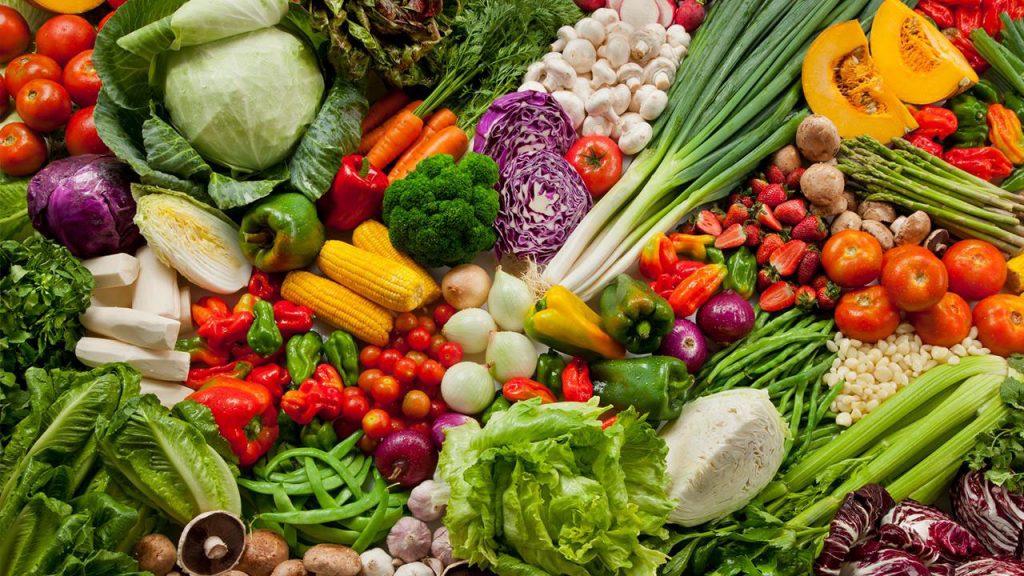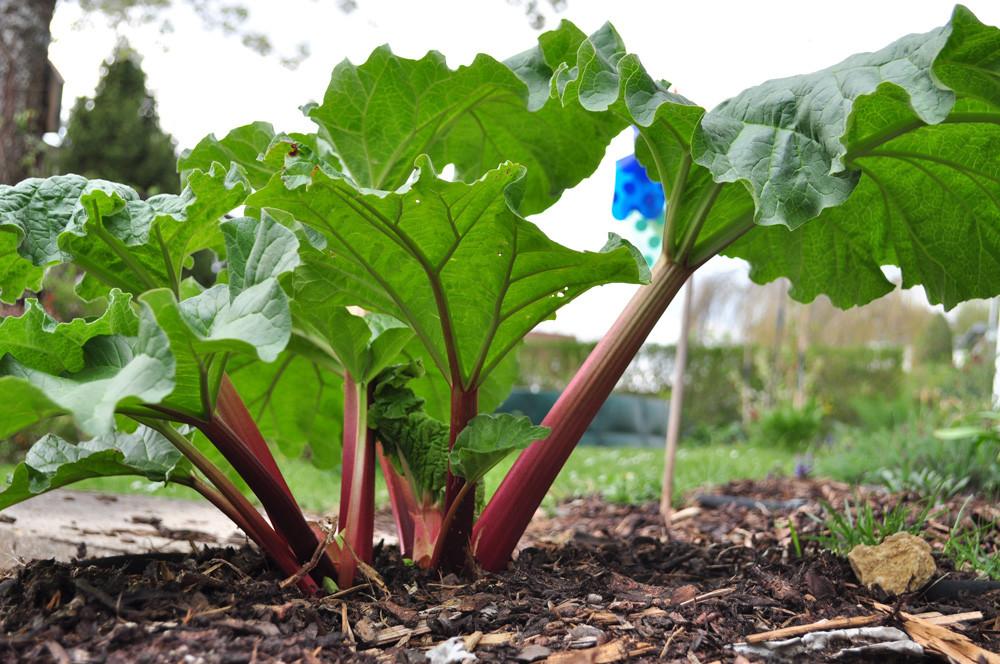Ethical consumption is becoming more and more of a priority for many people, and one way that is expressed is through the increasing popularity of organic food. Organic food is supposed to promote sustainable farming techniques and increase biodiversity. There are also claims that it’s healthier. So just how true are all the supposed benefits of organic?
First, we need to establish just what we mean by organic food. This label can mean different things in different countries, partly because there are such big differences in regulation. In general, it refers to food grown as naturally as possible, how it would have been before industrialization and synthetic chemicals took over. That means minimal pesticides or additives at every stage of the process, from growing and processing to transportation and sale. It’s about working with nature rather than trying to impose on it.
In the United States, organic certification is governed by the National Organic Program, or NOP. It stems from the Organic Foods Production Act of 1990 and establishes strict legal criteria you have to meet before you can describe your food as organic. It covers what techniques and products you are allowed to use when growing or producing food and includes rules for inspection and reporting.
Organic standards can be applied to all agricultural products. For crops, it governs the use of pesticides and fertilizers to avoid manmade or artificial products. For meat, it limits what you can feed the animals (organic vegetable matter, no animal byproducts) and means you can’t use hormones or antibiotics to improve growth. Organically reared livestock has more opportunities to display natural behavior, rather than the restrictions of a factory farm setting. Organic farming also includes rules about protecting the surrounding environment.
There are generally two main aspects to most arguments for organic food. The first is environmental. Organic farming means no artificial chemicals polluting land and waterways and potentially poisoning wildlife. Soil health and biodiversity improve, as does animal welfare. Less reliance on antibiotics means less risk of antibiotic resistance developing (a danger to humans as well as animals) and less intensive farming generally may reduce greenhouse gas emissions. The long-term health of the ecosystem is likely to improve.
The second important aspect of organic food is its effect on human health, and this is slightly less clear (https://www.acpjournals.org/doi/10.7326/0003-4819-157-5-201209040-00007?articleid=1355685&). It is true that organic food means you are less likely to introduce pesticides into your system. Whether organic food has additional nutritional benefits is more up for debate. An organic label also can’t stop food containing lots of fat and sugar from being potentially unhealthy.
Overall, organic food is generally considered as good for the environment and may or may not be good for human health. Other factors often linked to organic farming, such as seasonality and local produce, may also affect the environmental, health and flavor benefits of organic food. On the other hand, the big things that often stop people buying organic are price and accessibility, which may stop you buying this produce even if you want to try it.




